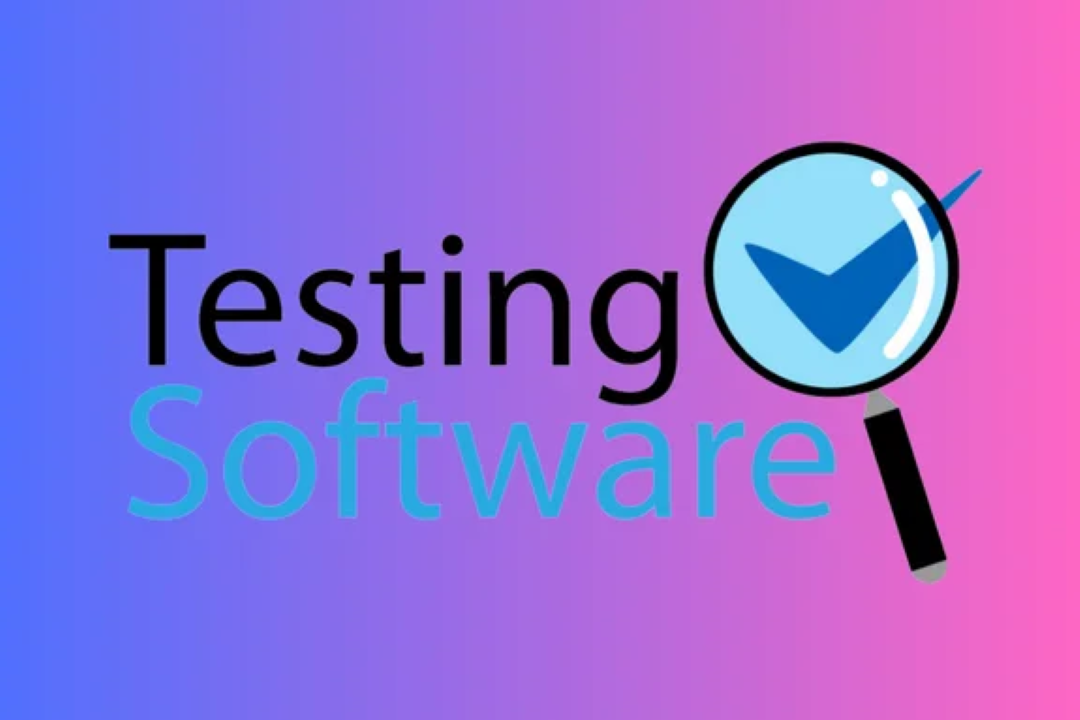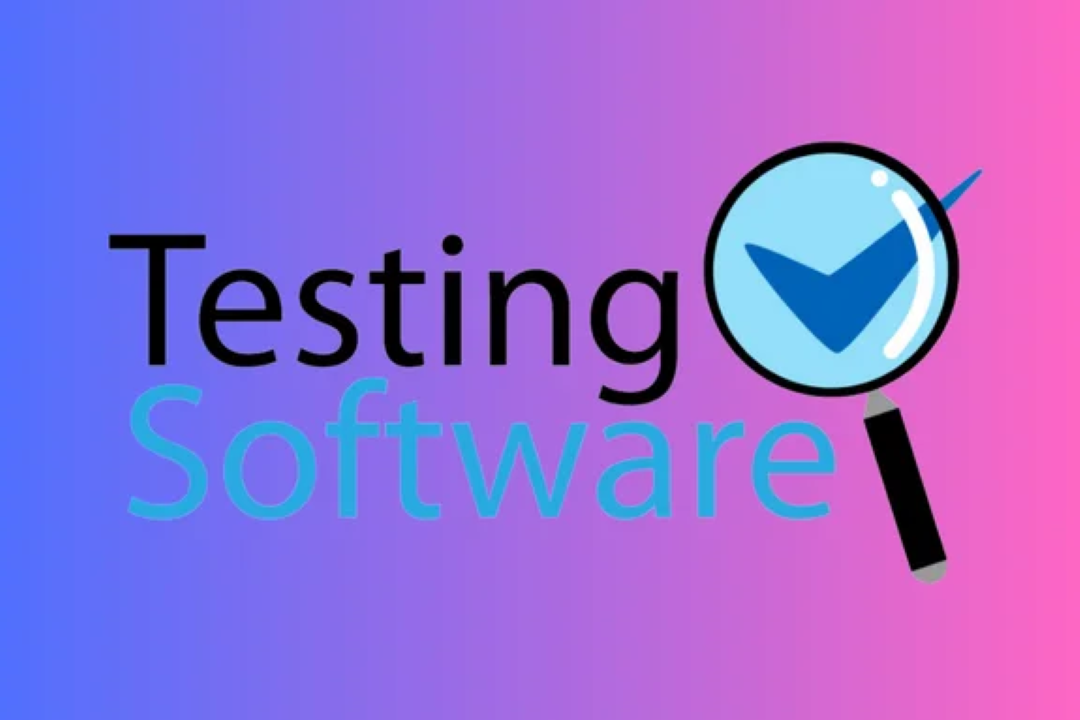Selenium Course In Aundh Weekend Batches
The Selenium Testing Course in Aundh consists of weekend batches tailored for individuals seeking to
Selenium Course In Aundh Weekend Batches
The Selenium Testing Course in Aundh, offered in weekend batches, is an invaluable opportunity for individuals looking to elevate their software testing skills. This course equips participants with hands-on experience in using the Selenium framework for automated testing, making it essential for anyone wanting to excel in quality assurance. With a focus on real-world projects, learners gain practical insights into test automation strategies and best practices. This flexible weekend schedule allows working professionals and students to balance their commitments while investing in their career growth in the high-demand field of automation testing.
To Download Our Brochure: https://www.justacademy.co/download-brochure-for-free
Message us for more information: +91 9987184296
The Selenium Testing Course in Aundh, offered in weekend batches, is an invaluable opportunity for individuals looking to elevate their software testing skills. This course equips participants with hands on experience in using the Selenium framework for automated testing, making it essential for anyone wanting to excel in quality assurance. With a focus on real world projects, learners gain practical insights into test automation strategies and best practices. This flexible weekend schedule allows working professionals and students to balance their commitments while investing in their career growth in the high demand field of automation testing.
Course Overview
The Selenium Course in Aundh, designed for weekend batches, offers participants a comprehensive overview of automated testing using the Selenium framework. This course covers essential concepts including test automation fundamentals, web application testing, and scripting with various programming languages. Participants will engage in hands-on projects that simulate real-world testing scenarios, enhancing their practical skills and understanding of best practices in quality assurance. Ideal for both beginners and seasoned professionals, this course enables learners to effectively automate tests, optimize testing processes, and ultimately elevate their careers in software testing and quality assurance.
Course Description
The ‘Selenium Course in Aundh Weekend Batches’ is designed for individuals looking to master the art of automated testing with Selenium, a widely-used framework in the software industry. This course provides a solid foundation in test automation concepts while focusing on practical application through real-time projects. Participants will learn to create, execute, and maintain automated tests using various programming languages, ensuring that they develop the skills necessary to enhance software quality. Suitable for both beginners and experienced testers, the course emphasizes hands-on experience and best practices, setting learners on a path to success in the field of quality assurance and software testing. Join us to elevate your expertise and career prospects in automation testing.
Key Features
1 - Comprehensive Tool Coverage: Provides hands-on training with a range of industry-standard testing tools, including Selenium, JIRA, LoadRunner, and TestRail.
2) Practical Exercises: Features real-world exercises and case studies to apply tools in various testing scenarios.
3) Interactive Learning: Includes interactive sessions with industry experts for personalized feedback and guidance.
4) Detailed Tutorials: Offers extensive tutorials and documentation on tool functionalities and best practices.
5) Advanced Techniques: Covers both fundamental and advanced techniques for using testing tools effectively.
6) Data Visualization: Integrates tools for visualizing test metrics and results, enhancing data interpretation and decision-making.
7) Tool Integration: Teaches how to integrate testing tools into the software development lifecycle for streamlined workflows.
8) Project-Based Learning: Focuses on project-based learning to build practical skills and create a portfolio of completed tasks.
9) Career Support: Provides resources and support for applying learned skills to real-world job scenarios, including resume building and interview preparation.
10) Up-to-Date Content: Ensures that course materials reflect the latest industry standards and tool updates.
Benefits of taking our course
Functional Tools
1 - Selenium WebDriver: Selenium WebDriver is the core component of our Selenium Course, providing a powerful interface for automating web applications. Students will learn how to create scripts that simulate user interaction with web pages. WebDriver allows for cross browser testing, making it essential for ensuring application functionality across different environments. Participants will engage with various browser drivers, such as ChromeDriver and GeckoDriver, to enhance their practical experience in setting up and executing tests.
2) TestNG Framework: TestNG is a testing framework inspired by JUnit and NUnit, designed to simplify the process of test configuration, execution, and reporting. In the course, students will explore how to utilize TestNG to organize test cases, manage test execution flow, and generate comprehensive reports. The framework's annotation capabilities and parameterization features empower learners to implement advanced testing strategies, improving both the efficiency and readability of their test scripts.
3) Maven: Apache Maven is a build automation tool that is integral to managing project dependencies and organizing project structure. Throughout the course, participants will learn how to create Maven projects, set up dependencies for Selenium and TestNG, and manage builds effectively. This knowledge is crucial for maintaining project consistency and simplifying the integration of external libraries, allowing students to focus more on writing tests rather than managing configurations.
4) Git and GitHub: Version control is essential in software development, and our Selenium Course introduces students to Git and GitHub for version management. Participants will gain hands on experience with basic Git commands, branching strategies, and collaborative workflows using GitHub. Understanding version control principles not only assists in managing code but also enhances collaboration among team members working on automation projects, preparing students for a real world team environment.
5) Cucumber: Cucumber is a tool used for Behavior Driven Development (BDD) that allows testers to write tests in a human readable language. During the course, students will learn how to integrate Cucumber with Selenium to write acceptance tests that non technical stakeholders can understand. This enables better communication between testers and business analysts, ensuring that the application meets its requirements effectively.
6) Page Object Model (POM): The Page Object Model is a design pattern that promotes code reusability and maintainability in automation testing. In our Selenium Course, participants will be taught how to implement the POM architecture, creating separate classes for different web pages. This structured approach helps in managing complex test scripts, reduces code duplication, and enhances the scalability of the test automation framework.
Completing the Selenium Course with these tools prepares students to excel in real world testing environments. Each topic is designed to provide not only theoretical insights but also hands on projects that enhance practical skills, making graduates proficient in automation testing.
7) Continuous Integration (CI) and Continuous Deployment (CD): Understanding CI/CD practices is crucial for modern software development and testing. In this course, students will learn how to integrate their Selenium tests into CI/CD pipelines using popular tools like Jenkins and CircleCI. This segment of the course focuses on automating the testing process, ensuring that test scripts are executed with every code change, and promoting a seamless deployment workflow.
8) JUnit Framework: JUnit is an essential testing framework for Java applications, and it complements the TestNG knowledge gained in the course. Students will learn how to write and execute unit tests using JUnit, covering aspects such as setup and teardown processes, assertions, and test suites. This foundational knowledge is vital for understanding how to create robust test cases within the Selenium automation framework.
9) Headless Browsers: The course will explore the concept of headless browsers, which allow for running automated tests without a graphical user interface. Students will learn how to utilize headless browsers like Chrome Headless and PhantomJS for efficient testing. This approach is particularly useful for running tests in environments where a UI is not available or when minimizing resource consumption is necessary.
10) Advanced Selenium Features: Participants will dive deep into advanced features of Selenium, including handling pop ups, alerts, frames, and cookies. Understanding these features enables students to create more comprehensive and resilient test scripts that can interact effectively with different elements of web applications.
11 - Cross Browser Testing Strategies: Students will explore various strategies for conducting cross browser testing, ensuring that applications perform consistently across different browsers. This section includes practical exercises on setting up tests for multiple browsers and understanding potential issues that may arise due to browser differences.
12) Reporting and Logging: Effective reporting and logging are crucial for analyzing test results and debugging issues. The course will cover tools like Allure and ExtentReports, enabling students to generate visually appealing test reports. Participants will learn how to implement logging practices using frameworks like Log4j or SLF4J, offering a clear audit trail for their automated tests.
13) Integrating with APIs: In modern application testing, it often becomes necessary to test APIs alongside front end automation. The course will introduce students to API testing concepts and tools like Postman and Rest Assured, allowing them to validate backend services while automating front end interactions with Selenium.
14) Performance Testing Basics: Although the primary focus is on functional automation testing, an introduction to performance testing concepts will be included. Students will learn how to identify key performance indicators (KPIs) and how to use tools like JMeter to test the performance of web applications, providing a holistic view of quality assurance.
15) Debugging Techniques: Debugging is a critical skill for any tester. The course will provide students with techniques for effectively troubleshooting issues in their test scripts. They will learn how to use debugging tools and browser developer tools to identify and resolve common errors in automation.
16) Real World Project Implementation: To consolidate the skills learned throughout the course, participants will engage in a capstone project that simulates a real world application testing scenario. This project will require students to apply their knowledge of Selenium, POM, CI/CD, and reporting, providing them with a tangible piece of work to showcase to potential employers.
These additional points ensure that the Selenium Course at JustAcademy equips students with a comprehensive skill set, preparing them for a successful career in automation testing and quality assurance. By the end of the course, graduates will not only hold certification but also gain valuable practical experience that sets them apart in the job market.
Browse our course links : https://www.justacademy.co/all-courses
To Join our FREE DEMO Session: Click Here
This information is sourced from JustAcademy
Contact Info:
Roshan Chaturvedi
Message us on Whatsapp: +91 9987184296
Email id: info@justacademy.co
React Native Axios Best Practices
Google Flutter Mobile Development Quick Start Guide Pdf Download












